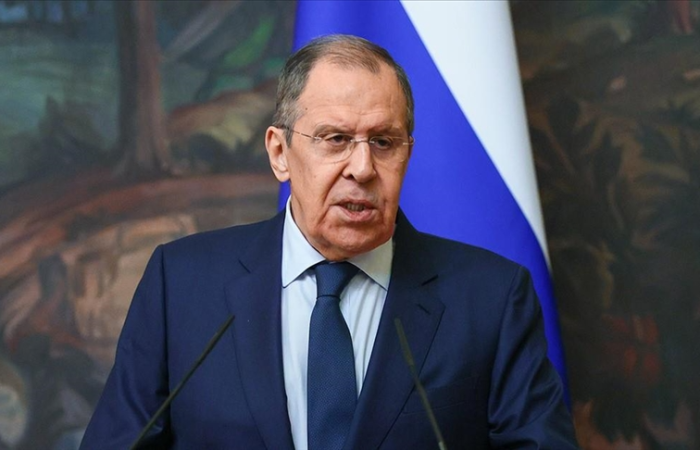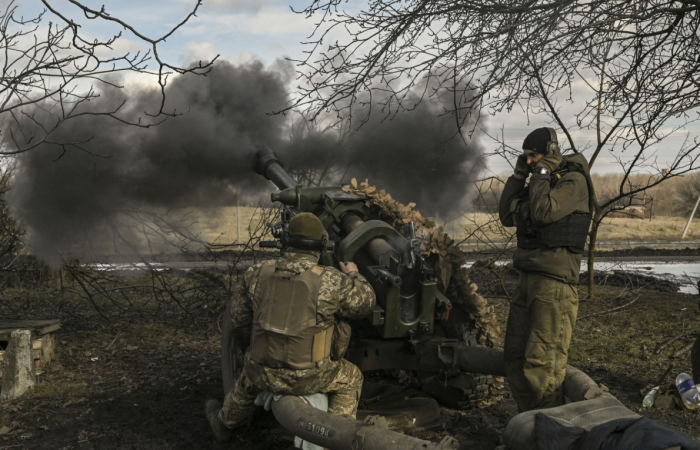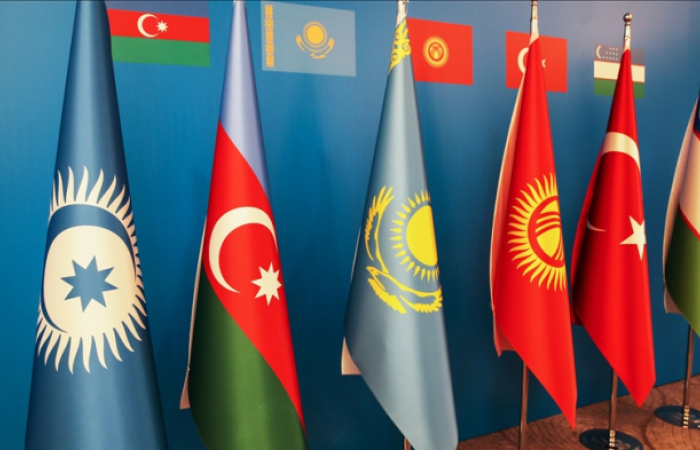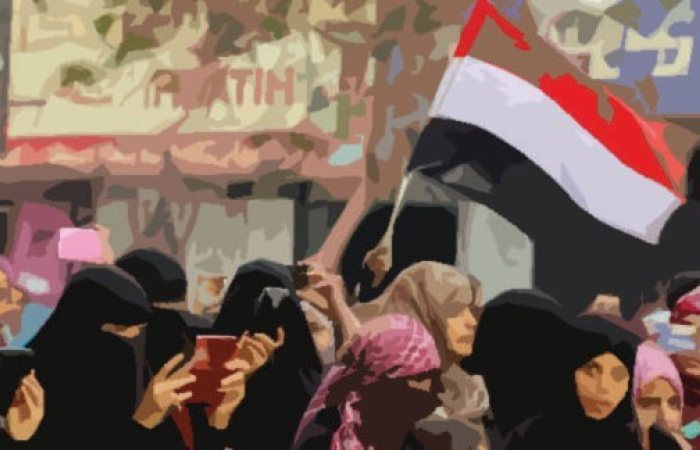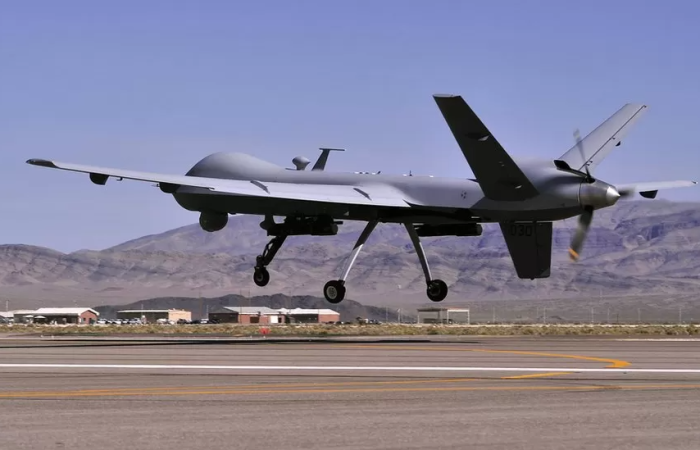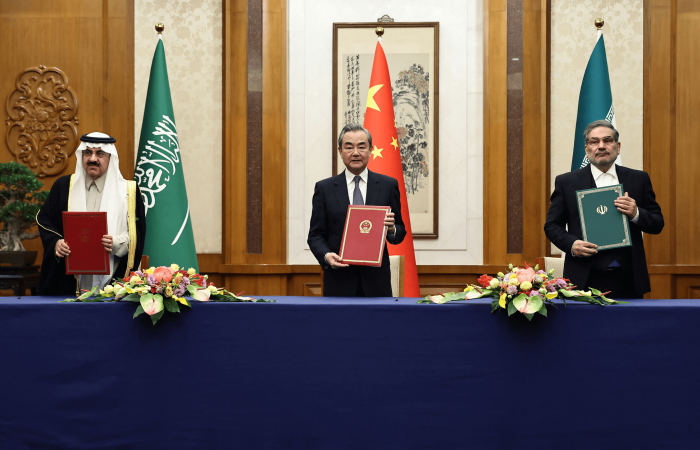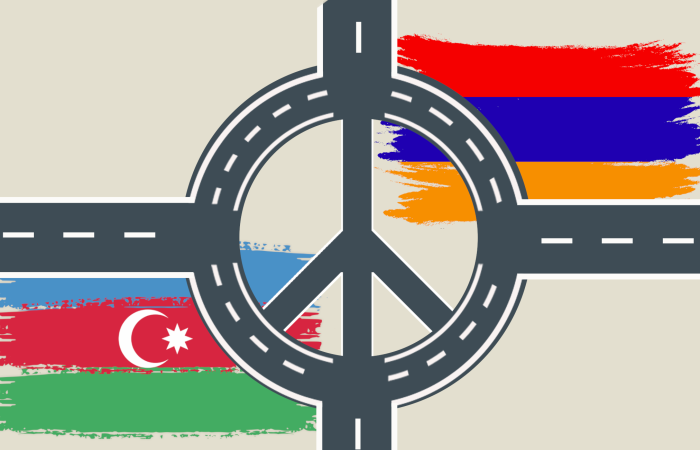Trending
Editorial: Russia is not interested in peace between Armenia and Azerbaijan, nor in the future of Karabakh and its people
16 March 2023
"It is not in the Kremlin’s interest for Armenia and Azerbaijan to normalise relations between them, for lasting peace in the South Caucasus and for the people of Nagorno-Karabakh to prosper in a safe and tolerant environment," writes commonspace.eu in this editorial. "Moscow does not want another big war in the region, but it does not want peace either. However it is now time for this vicious circle to be broken, and the next weeks will tell us if this is possible." They add that "in the end it is going to be up to Mr Ilham Aliyev and Mr Nikol Pashinyan to decide if the time has finally come to break the Russian hold and settle for peace. It is decision time, but doubts linger...There are those who are waiting for Moscow to actively support these efforts, or at least not hinder them. They wait in vain."



